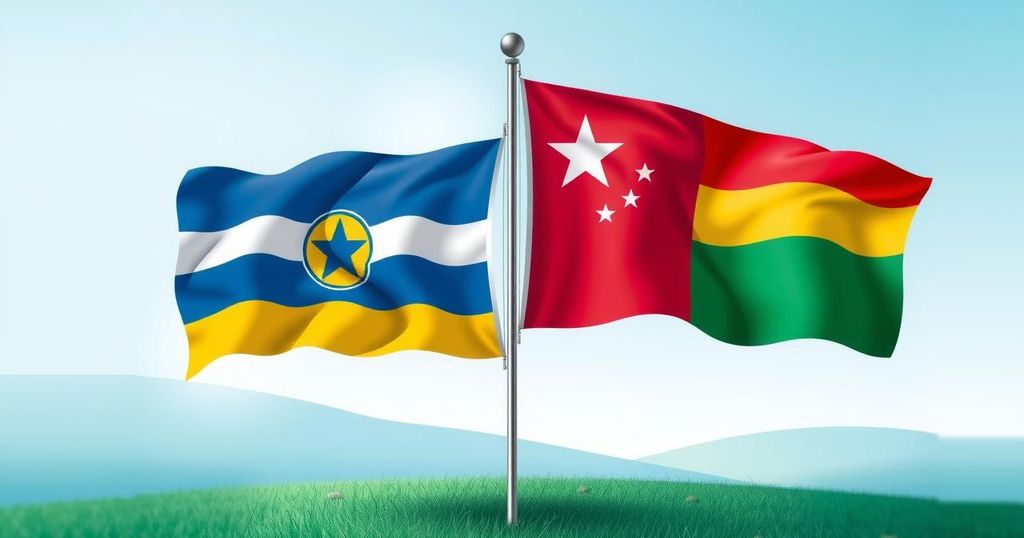Rwanda and the Democratic Republic of Congo have initialed a peace agreement ahead of its signing on June 27. The deal focuses on territorial integrity, cessation of hostilities, and plans for disengagement and disarmament of non-state armed groups. This critical step aims to promote stability and end longstanding tensions between the two countries.
In a significant step towards peace, Rwanda and the Democratic Republic of Congo (DRC) have initialed a treaty aimed at reducing tensions between the two nations. The announcement came from the U.S. State Department, highlighting a collaborative effort to bolster regional stability. This agreement paves the way for a formal signing scheduled for June 27.
The peace deal includes critical elements such as maintaining territorial integrity, prohibiting hostilities, and setting up measures for the disengagement and disarmament of non-state armed factions. Conditions for the potential integration of these groups into national frameworks are also discussed in the agreement, aiming to foster a more cohesive approach to peace.
As the two countries prepare for the ministerial-level meeting, the international community watches closely. There are hopes that this initial agreement could lead to lasting solutions that have eluded both nations for years.
This agreement indicates the willingness of both governments to address underlying issues that have perpetuated conflict in the region. Achieving true peace will require ongoing dialogue, observance of the agreement’s terms, and cooperation facilitated by external partners.
The initialing of the peace agreement between Rwanda and the DRC marks an important milestone in efforts to stabilize the region. Set to be formally signed next week, the treaty outlines essential provisions aimed at restoring peace and preventing further hostilities. This collaboration reflects both nations’ commitment to resolving longstanding tensions and improving bilateral relations. The outcomes of this agreement will be crucial in shaping the future of conflict resolution in East Africa.
Original Source: www.usnews.com






